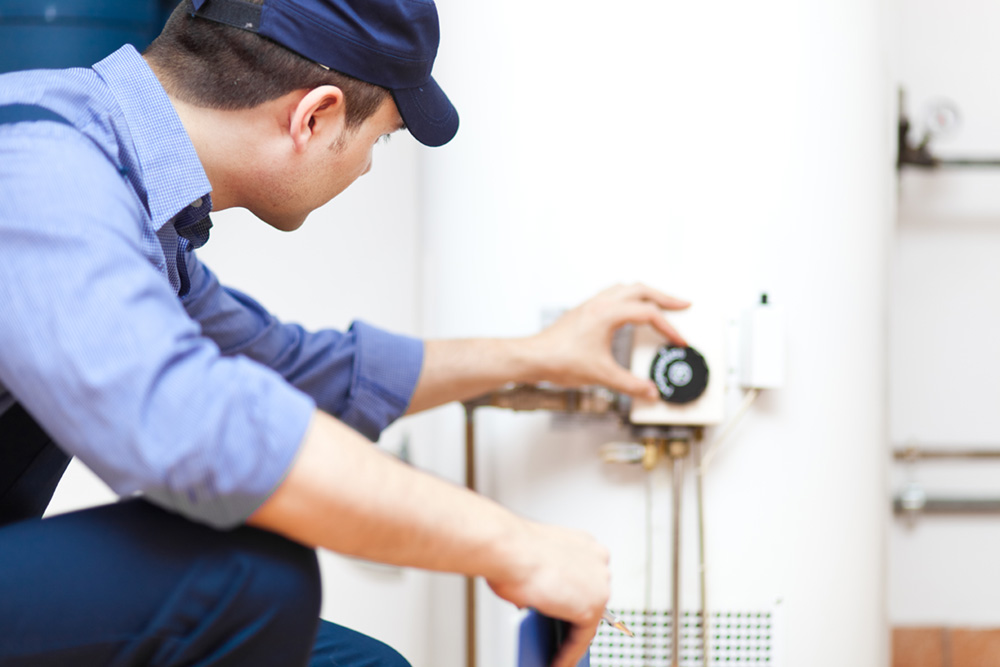Landlords have a variety of responsibilities aimed at ensuring tenants can safely enjoy the property they rent. Some of these responsibilities will differ depending on the tenancy agreement while others are dictated by common law and state-specific legislation.
Under common law, landlords have a duty to guarantee the safety of the property and its contents. Any risk of injury or damage to tenants, neighbours or the public as a result of the landlord neglecting their responsibilities in maintaining a property is treated very seriously.
Basic Landlord Responsibilities
Your landlord is responsible for maintaining the structure and exterior and ensuring all installations such as electricity, gas and heating are working safely. They also have to deal with any potentially health-threatening issues like rising damp.
Maintenance and repairs should be completed as they arise in order to keep the property in the same state as it was when tenants moved in. Landlords must also provide reasonable security with secure fencing, locks and keys in good working order.
Conducting Repairs for Tenants
All repairs are the landlord’s responsibility and if you as a tenant request urgent repairs, the landlord must respond immediately. However, if you caused the damage, the landlord can ask you to arrange or pay for repairs.
There are set procedures you must follow when dealing with repairs. You and your landlord should communicate in writing about any repairs and keep copies for future reference. You must also continue paying rent while waiting for repairs to take place.
What are Urgent Repairs?
According to the Residential Tenancies Act 1997, the following situations come under the scope of urgent repairs:
- burst water system
- broken or blocked toilet
- gas leak
- dangerous electrical fault
- a serious roof leak
- flooding or severe flood damage
- severe fire or storm damage
- a serious fault in a lift or staircase
- any fault or damage that makes the premises insecure or unsafe
- failure or breakdown of gas, electricity or water supply as well as any essential appliance provided for hot water, water, cooking, heating or laundering
If you have notified your landlord or property manager about an urgent repair and didn’t receive a quick response, you can authorise repairs yourself of up to $1,8001*. Ensure you keep all receipts and records of your attempts to contact your landlord.
The Importance of Routine Inspections
Routine inspections are important to uncover potential problems and ensure a landlord is meeting their obligations to maintain the property. For many tenants however, rental inspections can cause unnecessary stress.
Make inspections easy by keeping the property neat and cleaning it incrementally rather than allowing problems to build up. Point out any cracks, eroded grout or any other damage rather than trying to cover anything up. Monitor and actively try to prevent mould and try to keep as much fresh air in the property as possible.
Want an expert property management team to help you look after your rental property? Contact us today!
*Consumer affairs





